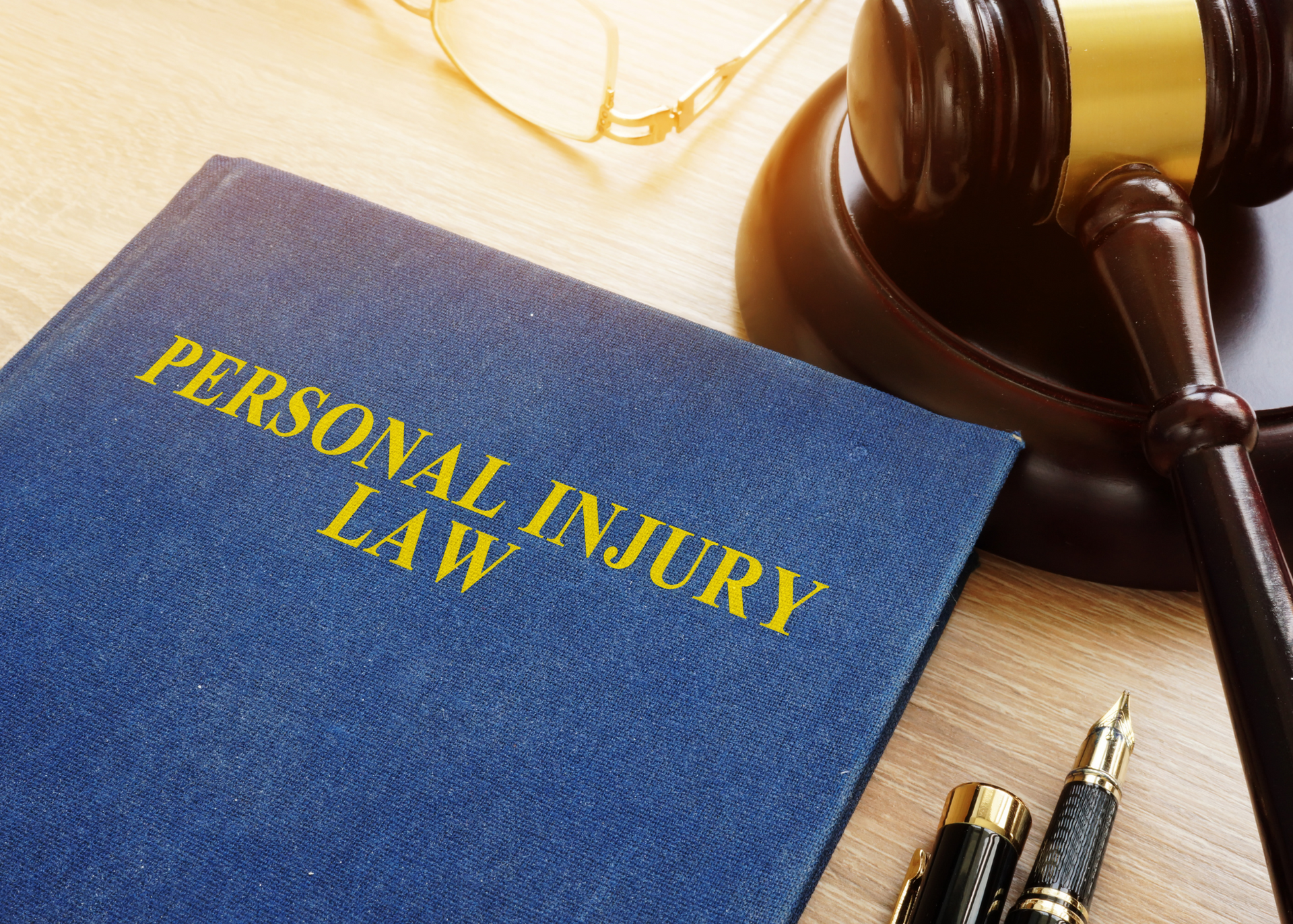David Wilson appointed to the board of the Indiana Trial Lawyers Association
Experienced local attorney, David Wilson, brings a wealth of experience and unwavering dedication to both his clients and his profession.
Wilson & Novak Law Offices proudly announces the appointment of David Wilson, founding partner of our personal injury law firm, to the Indiana Trial Lawyers Association (ITLA). This prestigious position highlights his commitment to the legal profession and his dedication to advocating for justice in Indiana.
David Wilson brings years of experience in the courtroom and a deep understanding of personal injury law. David has consistently demonstrated excellence in advocacy and a steadfast commitment to his clients. His appointment to the ITLA is a testament to his professional integrity and standing among his peers.
Throughout his career, David Wilson has focused on personal injury and wrongful death cases. He has successfully handled thousands of personal injury cases and has represented clients in nearly 100 civil trials in Indiana and Illinois.
David is a member of the Million Dollar Advocates Forum, the Multi-Million Dollar Advocates Forum, is a member of the American Academy of Truck Accident Attorneys, has been named Super Lawyer by SuperLawyers.com, and has an AV Preeminent Rating with Martindale Hubbell.
At Wilson & Novak Law Offices, David has played a crucial role in achieving significant victories for the firm’s clients. His vast experience, knowledge of the law, and commitment to maintaining high standards in legal practice are evident at his Merrillville, Indiana personal injury law office. His role in the ITLA will involve contributing to the association's efforts to uphold the rights of individuals and ensure fair trial practices throughout the state.
"We are incredibly proud of David's appointment to the Indiana Trial Lawyers Association," said David Novak, partner at Wilson & Novak Law Offices. "His dedication to legal excellence and his commitment to our clients exemplify the core values of our firm. We are confident that his influence will greatly benefit the ITLA and further its mission to promote justice and fairness in Indiana."
David's appointment was effective May 1, 2024. He will participate in upcoming ITLA initiatives focusing on continuing education for trial lawyers, public outreach, and advocacy at the state legislature.

We will fight aggressively for get the compensation you deserve.
Schedule a free case analysis of your personal injury case.
Merrillville Personal Injury Law Firm
Wilson & Novak Law Offices
200 W 80th Place
Merrillville, IN 46410
Business Hours
- Mon - Fri
- -
- Sat - Sun
- Closed
From our offices in
Merrillville, we serve Indiana and Illinois, including these communities:
Hammond, East Chicago,
Griffith, Highland,
Gary, Whiting, Munster, Dyer, St. John,
Schererville, Cedar Lake, Lake Station,
Crown Point,
Merrillville, Leroy,
Hobart, New Chicago, Lowell, Lake Dalecarlia, Winfield, Miller, Lakes of the Four Seasons (LOFS), Lake Village, Dune Acres, Kouts, Demotte, Ogden Dunes,
Chesterton, Town of Pines,
Portage, Porter, Wheeler,
Valparaiso, Hebron, Beverly Shores, South Haven, Michigan City, LaPorte, Winamac, Lansing, Calumet City, Lynwood, Steger, Crete, Matteson, Dolton, Blue Island, Oak Lawn, Burnham, Tinley Park, Orland Park, Chicago Heights, Homewood, South Holland, Chicago, Hazel Crest, and Markham.
All Rights Reserved | Wilson & Novak Law Offices | Video Production by Initium Creative | Website Optimization by Compass Marketing
This website constitutes attorney advertising. This website is designed for general information only. The information presented on this website should not be construed to be legal advice or the formation of a lawyer/client relationship. Privacy Policy



